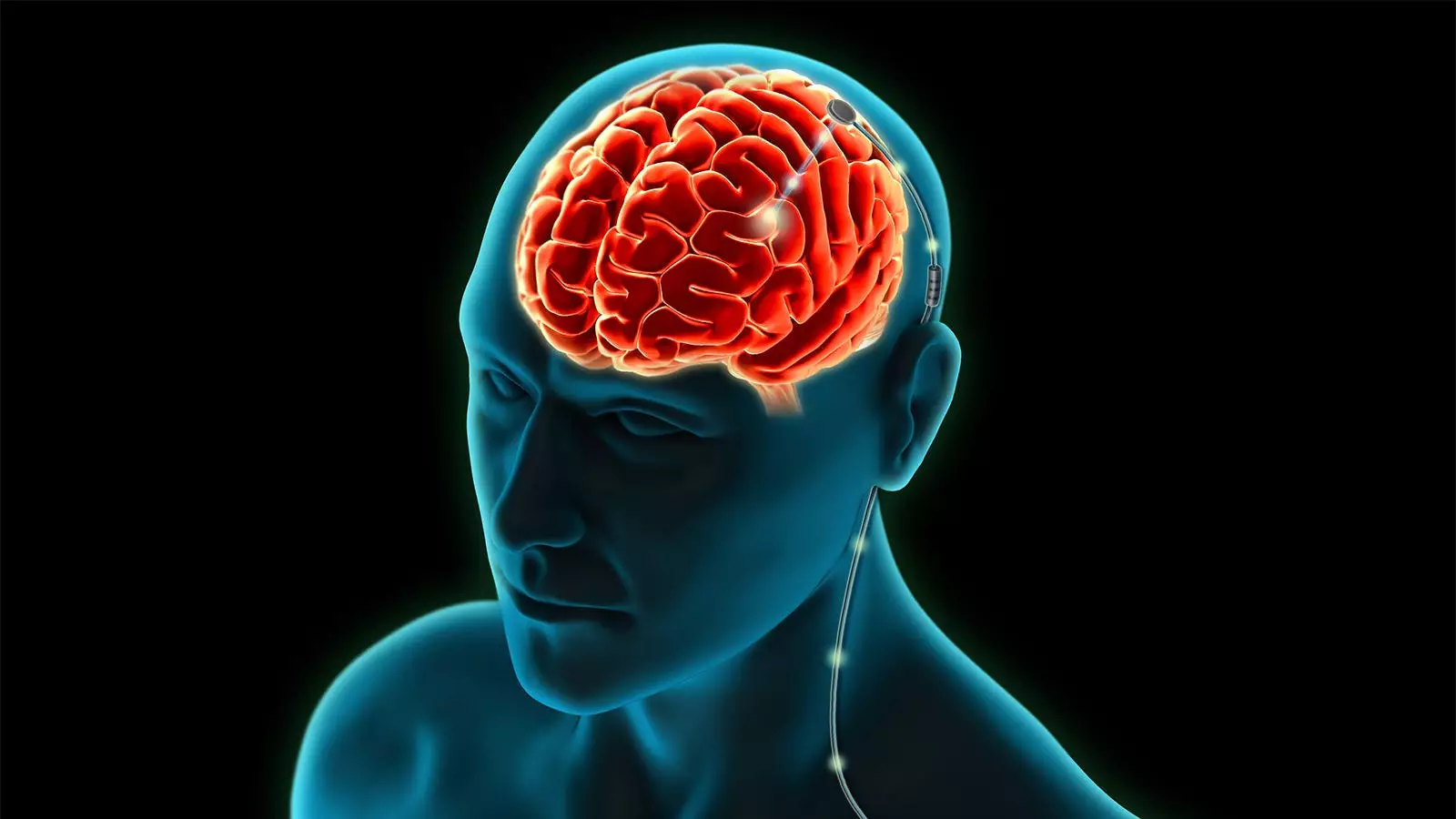Personalized neural signals have shown great promise in improving the motor symptoms of Parkinson’s disease patients. In a recent pilot study, adaptive deep-brain stimulation (DBS) demonstrated a significant reduction in the duration of symptoms by about 50% compared to conventional DBS. This innovative approach, which utilizes personalized neural signals, marks a significant advancement in the field of neurostimulation for Parkinson’s disease.
The study conducted by Carina Oehrn, MD, PhD, and colleagues at the University of California San Francisco, highlighted the positive impact of adaptive DBS on Parkinson’s patients. Patients reported a notable improvement in the percentage of awake time experiencing their most bothersome symptoms, such as involuntary movements or difficulty initiating movement. This resulted in a substantial enhancement in patient-reported quality of life, showcasing the potential of personalized neural signals in optimizing treatment outcomes.
Conventional DBS typically involves constant stimulation parameters that are not tailored to individual patient needs or symptoms. In contrast, adaptive DBS in this study aimed to sense Parkinson’s symptoms before they occurred and adjust the amount of stimulation accordingly. This personalized approach represents a significant advancement in the field of neurostimulation, offering the potential to improve the quality of life for individuals living with Parkinson’s disease.
While the results of the pilot study are promising, it is essential to acknowledge the limitations of the research. The sample size was small, and the findings are preliminary. However, the study provides a solid foundation for larger clinical trials to evaluate the efficacy of personalized adaptive neurostimulation in Parkinson’s disease and other neurological disorders. Future research will focus on further automating the sensing and stimulation algorithm, as well as integrating data from wearables and patient-reported problems to enhance the scalability of adaptive DBS.
Despite the significant advancements in personalized neural signals for Parkinson’s disease treatment, challenges remain in terms of access and training. Access to DBS treatment can be limited for patients, and healthcare providers may require specialized training to program these devices effectively. Addressing these challenges will be crucial in ensuring the widespread implementation of adaptive DBS and maximizing its potential to positively impact the lives of individuals with Parkinson’s disease.
The pilot study on adaptive deep-brain stimulation using personalized neural signals represents a significant breakthrough in the treatment of Parkinson’s disease. By individualizing treatment based on neural biomarkers, this innovative approach holds great promise in improving motor symptoms and enhancing quality of life for patients. Moving forward, further research and development efforts will be essential in advancing personalized adaptive neurostimulation and addressing the challenges of access and training in the field of DBS therapy.



Leave a Reply